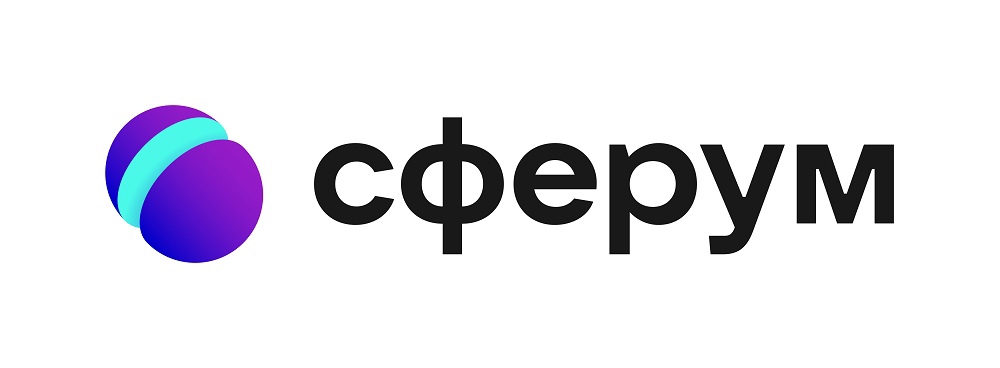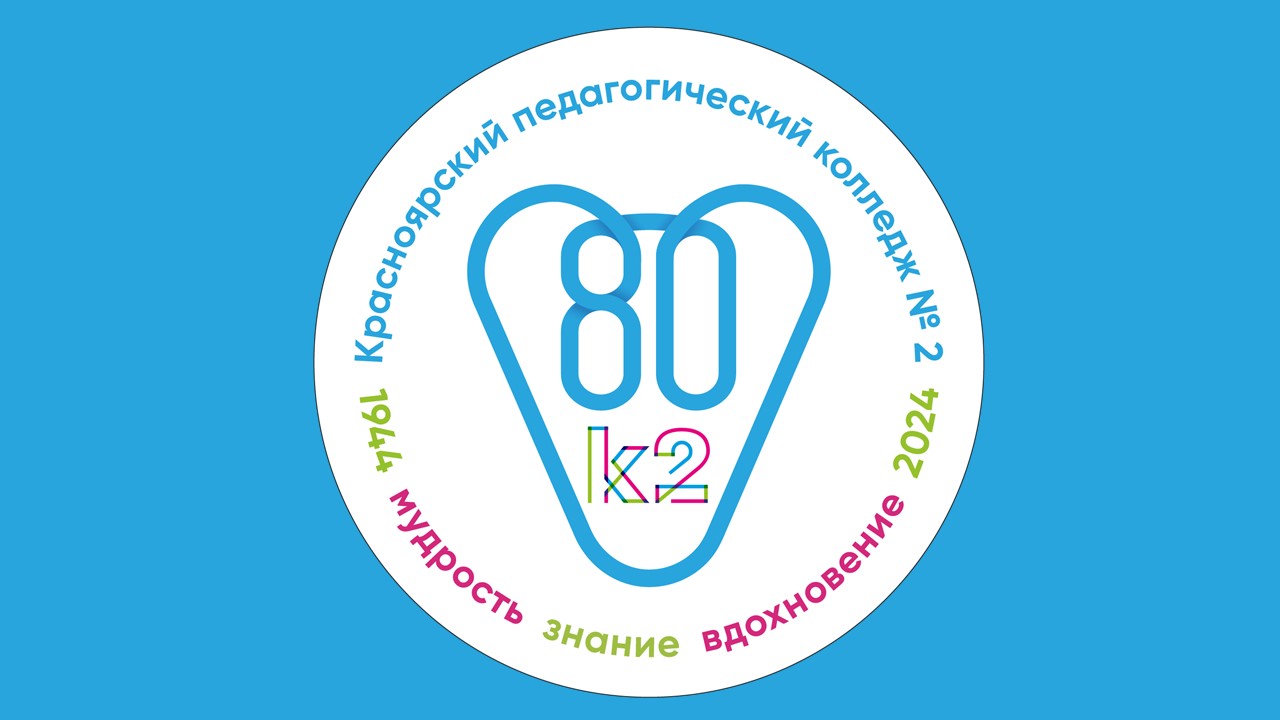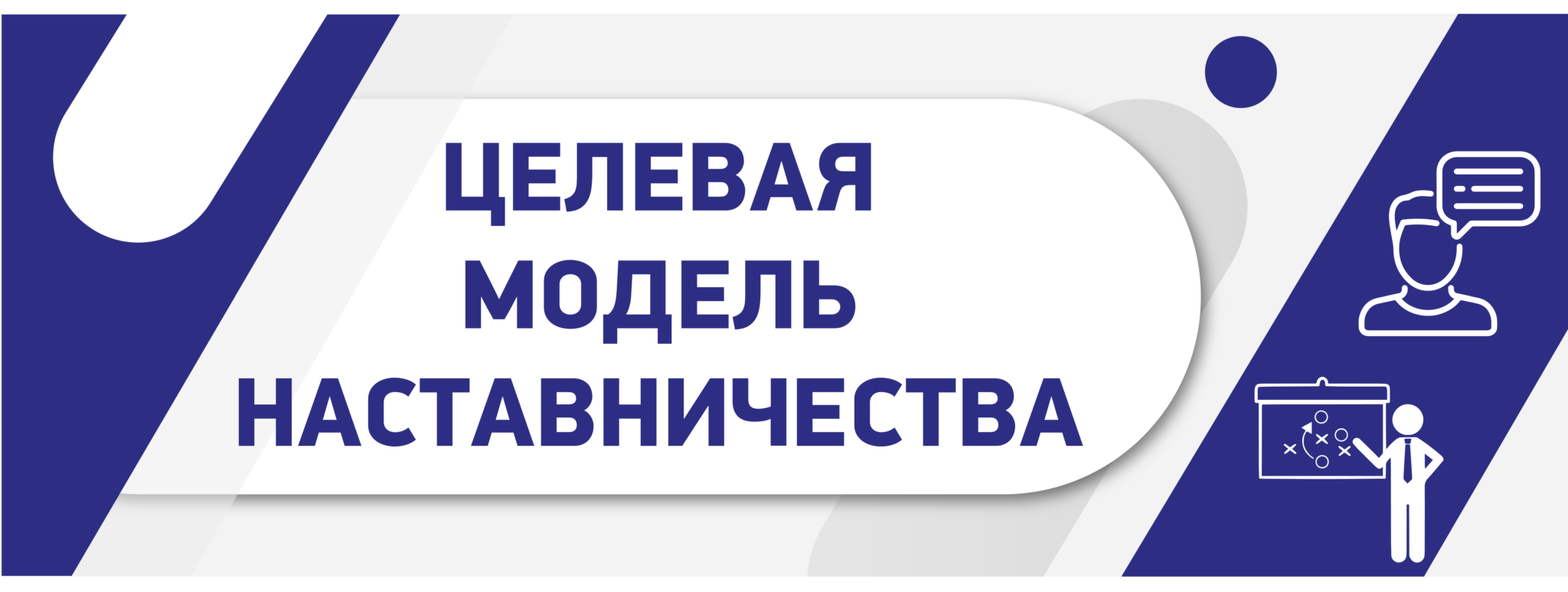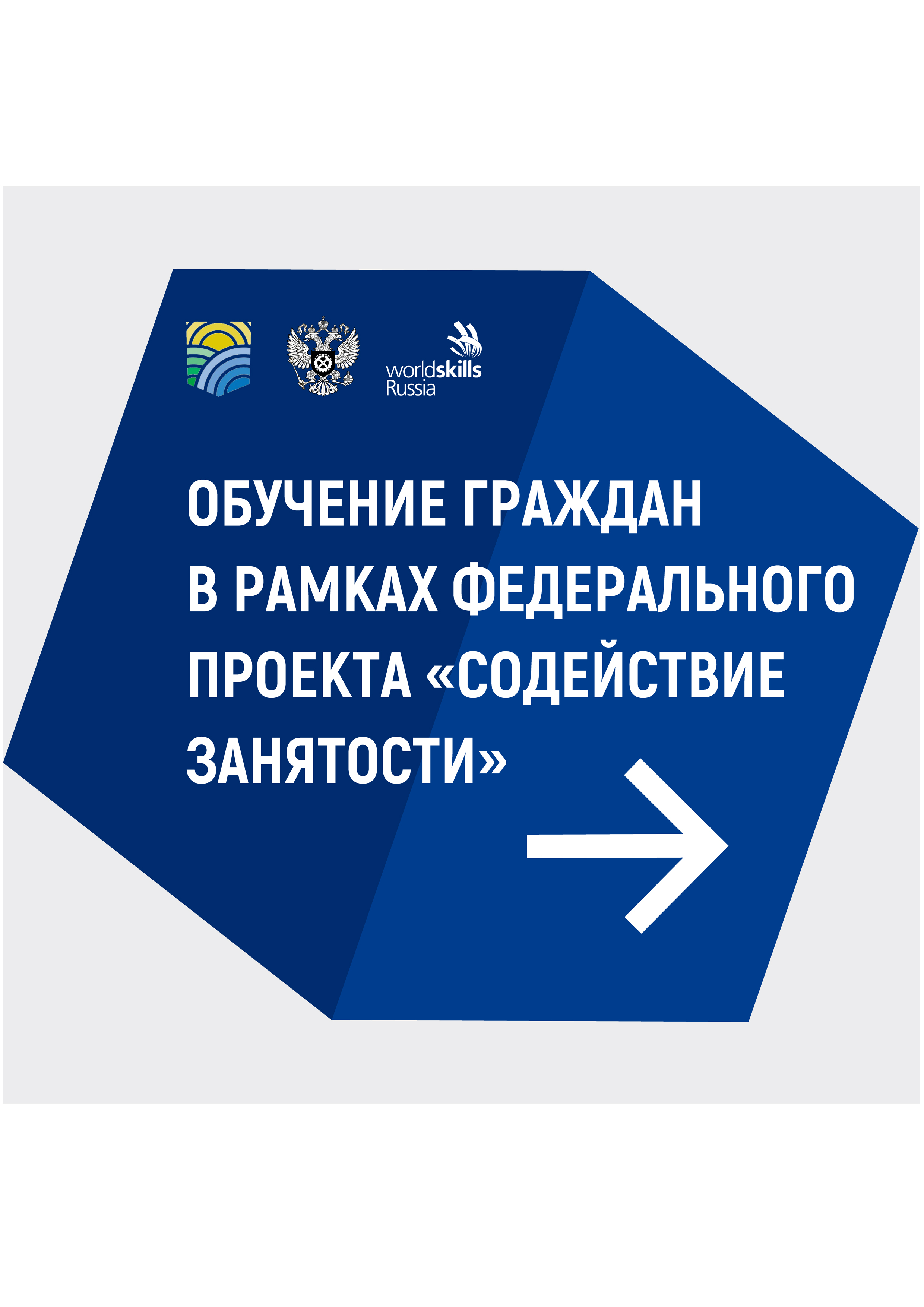During the titration, the doctor will seek to find the best dosage of medications to reduce symptoms and minimize adverse effects. This process can take a few weeks.
 To help the doctors find the appropriate dosage for your child, you and him should keep track of your ADHD symptoms. The clinic will provide you with specific forms to help you do this.
To help the doctors find the appropriate dosage for your child, you and him should keep track of your ADHD symptoms. The clinic will provide you with specific forms to help you do this.
The Assessment
An assessment for ADHD can take years on the NHS which is why many pay to have their ADHD symptoms evaluated privately. The assessment process varies in each clinic, but most ask patients to complete an online questionnaire before attending a face-toface appointment. The examination will typically last around 90 minutes and will involve a discussion with the physician.
During an interview, your physician will ask you questions regarding your the present symptoms and your treatment history. They will also review your medical history and family history. Then, they will assess the degree of your hyperactivity and impulsivity, as well as any other health issues you might have. They will then determine if you have ADHD, and prescribe the appropriate medication.
There are a variety of medication used to treat adhd titration. Some are long-acting, while others are short-acting and wear off rapidly. Titration is the process of finding the correct dosage. In this process, your doctor will gradually increase the dosage until you reach the desired result. The doctor will be able to monitor the side effects and adjust the dosage according to your needs.
The titration takes between two to six weeks. During this time, your doctor will be in contact with you weekly to discuss any side effects as well as the effectiveness of the medication. They will also try different drugs to determine the best one for your needs. If you do not see any changes after two to six weeks your doctor might change you to a different medication.
After receiving an ADHD diagnosis, you can receive a share of treatment agreement with your GP. However, not all doctors will accept shared care agreements. Some doctors believe it would be too excessive work to add on top of the workload they already face. If your GP does not agree to this arrangement, you are able to return to the private clinic that made your ADHD assessment.
Private ADHD assessments can be completed online or via video call. They tend to be more efficient than NHS assessments. You may even travel to another country to undergo an assessment. Some clinics require the submission of a GP referral letter, while others do not.
Titration
The titration adhd adults process is used to determine the most effective initial dose of medication to manage symptoms and reduce adverse effects. It is usually accomplished through a combination of trial and error, and requires patience. There are many factors that go into finding the ideal ADHD dosage for each person such as size, age, and metabolism.
During the titration procedure doctors typically increase the dose slowly every week until they find the appropriate dosage for you. This may take several weeks or more. During this time, it is crucial to monitor your ADHD symptoms and report them to your doctor every week. It is also helpful to keep notes about how the medication affects you.
The titration procedure is the same for all kinds of ADHD medication, however stimulant medications require more time to adjust than non-stimulants. The most popular ADHD medications, the methylphenidate (and amphetamines) have a distinct release profile. The most common stimulants have a long-acting action and require a higher titration rate than short-acting drugs.
Once the titration process is completed, you will be able to obtain your prescription from your doctor and start taking your medication. During this period, you should examine your blood pressure and pulse every week and report the results to your doctor. You should also be aware of your behavior and make any changes known to your psychiatrist.
It is essential to attend all of your appointments with your doctor of choice during the titration process. These appointments can be in person, via video link, or via the phone. These visits will allow your doctor to evaluate the effects and benefits of your medication and determine if it is working.
Once you’ve reached your desired medication dose, your doctor will recommend that you continue to visit them regularly. This could be every month or every year, depending on your situation. Your doctor can also guide you on other treatment options, such as psychological interventions that can be very beneficial for ADHD treatment.
If you are unable to take stimulant medications due to health issues, your doctor may recommend a nonstimulant drug such as Atomoxetine, Modafinil, Venlafaxine or Bupropion hydrochloride. These drugs work in a different manner than the stimulant medications and can have some negative side effects of their own, therefore it’s crucial to be aware of them before you decide to take them.
Follow-up
It is important to monitor your progress following being diagnosed with ADHD. This will ensure that the medication is effective and reduce the risk of adverse effects. You should aim to attend your follow-up appointments at least once per month. You may have to come regularly in the event that you experience more severe symptoms or are having difficulty adjusting to your medication. If the first medication doesn’t work you might need to try a different medication or change your dosage.
It is possible to access treatment for ADHD on the NHS however, you must be careful when choosing. Check with your GP whether they’ll accept a shared care agreement or a full-care plan after the chosen provider has dismissed you. Alternately, you may choose to pay for an assessment and treatment privately. This is the most common option.
Private providers can also provide assessments via video chat and titration of medicines can be performed via the internet. They are a great option for those who lead busy lives and want to get their diagnosis sooner rather than later. They are not expensive. Some providers have very long waiting lists.
The most commonly used first medical treatment option for ADHD is stimulant medication, such as methylphenidate (Concerta and Ritalin). This increases the amount of dopamine that is released in the areas of the brain that control the mood and attention. It is usually initiated at a low dose and gradually increased until the desired effect is achieved while avoiding adverse effects. Certain doctors may also prescribe nonstimulant medicines like atomoxetine (Strattera) as well as clonidine (Kapvay), guanfacine (Intuniv) and viloxazine (Qelbree). These drugs work on another chemical in the brain called norepinephrine.
Psychiatrists are educated in the assessment and management of ADHD. They will assess your symptoms, history, and family history to determine if you meet the criteria for a diagnosis of ADHD. They will then recommend a course of action according to your specific needs. They will also explain to you the benefits and risks of medication and other treatments. They will also answer your questions regarding your treatment and diagnosis.
Prescriptions
The titration process of medication could take anywhere from 8-12 weeks. The aim is to determine a dose that will control your symptoms with minimal adverse effects. If the titration does not work, you will require other options for treatment. Stimulants are the name of the medications used to treat ADHD. There are a variety of different stimulants available. Each has its own benefits and drawbacks, so you might need to try more than one before you can find the most effective treatment for your specific needs.
Stimulants may be used alone or in combination with other medicines, like clonidine (Strattera), atomoxetine(Intuniv) and guanfacine(Intuniv). Non-stimulant medications work differently than stimulants. Certain of these medications help by increasing the supply of dopamine in the parts of the brain that regulate mood and attention. They include the atomoxetine (Strattera) and bupropion (Wellbutrin) and clonidine (Kapvay). Some are designed to boost alertness, like armodafinil.
If the initial titration is successful it is important to keep taking your medication according to the directions. Your doctor will check in with you on a regular basis to ensure that the dosage is right. You may need to alter your dosage based on how you feel. It is not advisable to stop or change the dose of your medication without speaking to your doctor first, as it can have serious adverse effects.
The process of titration can be complicated by factors such as the quality of your sleep as well as whether or not taking any other medications, and your tolerance to the side effects. It can be difficult to know if the medication is working. To aid you, keep track of your symptoms with ADHD self assessments and talk with your doctor.
If you’re having difficulty getting a diagnosis through the NHS, you might want to request your GP to refer you to them under Right to Choose. This will help you save time compared to waiting for an NHS appointment. It’s also worth thinking about changing your GP office if you think it would make it easier for you to get the help you need.
























